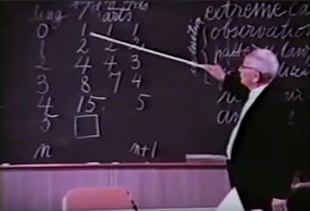Prediction is Easy, Especially About the Past: A Critique of Posterior Bayes Factors

The Misconception Posterior Bayes factors are a good idea: they provide a measure of evidence but are relatively unaffected by the shape of the prior distribution. The Correction Posterior Bayes factors use the data twice, effectively biasing the outcome in favor of the more complex model. The Explanation The standard Bayes factor is the ratio of predictive performance between two…
read more





